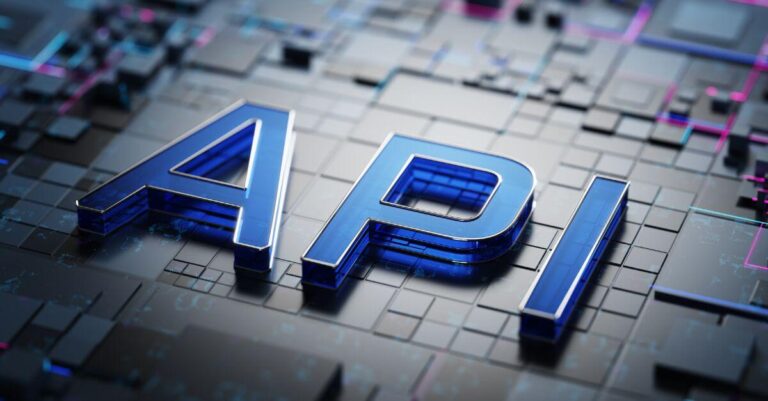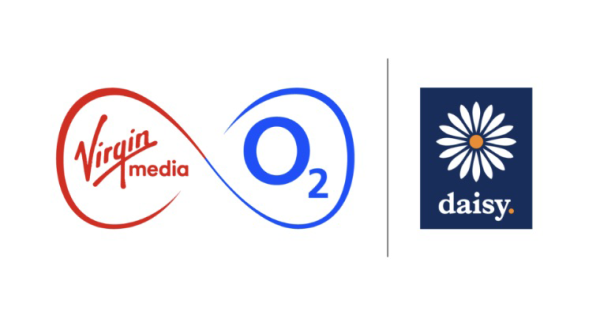Intelematics Launches Connected Vehicle Technology in New Zealand
Mobility and traffic technology company Intelematics has expanded its connected vehicle services, including eCall, into New Zealand. Owned by the Royal Automobile Club of Victoria, Intelematics is Australia’s leading provider of connected vehicle services. Its Australian customers include Toyota, Lexus and Hyundai.
The move gives NZ automotive companies access to the latest connected vehicle services – enhancing vehicle safety, security and driving experiences for their customers. It will also allow manufacturers to meet ANCAP’s new safety assessment protocols, which will include eCall.
Rob Finney, General Manager at Intelematics, said: “New Zealand and Australia share similar challenges when it comes to road safety. The make up of new vehicle stock is also similar, which makes expanding our services into NZ a logical next step. “We believe that by improving post-crash response times using connected vehicle technologies like eCall, we can help to reduce road trauma and the number of lives lost on NZ roads each year,” Finney adds.
Full Suite of Connected Vehicle Safety Features Now Available in New Zealand
Intelematics is making eCall, Stolen Vehicle Tracking, iCall and bCall available in New Zealand. These services will be offered to automotive manufacturers as part of the companies Connected Vehicles Safety and Security services.
Since its establishment in 1999, Intelematics has been at the forefront of the telematics industry with a presence in Australia, North America and Europe.
Intelematics’ eCall service includes Automatic Collision Notification and SOS Emergency Call. Both are designed to reduce emergency response times by alerting emergency responders and providing real-time vehicle incident data.
When activated – either manually by the vehicle occupant pushing a button or automatically via activation of vehicle sensors after a crash – eCall will establish an alert carrying both voice and data. At the same time, a set of data – including GPS location, speed, direction of travel – is sent to a trained triage agent receiving the voice call.
Finney adds: “eCall has been mandated for all new vehicles in Europe since 2018 and with New Zealand’s new road safety objectives on the horizon, its adoption is set to rise in our region. “With the majority of crashes in NZ taking place in rural areas and often far from hospitals, this technology is critical in helping to reduce road trauma and gives manufacturers the ability to provide their customers with additional peace of mind if they are ever in a crash.”
Rising Demand for eCall in New Zealand Driven by Safety Regulations
In the case of Intelematics’ eCall solution, on average within eight seconds or less, a trained agent can be speaking with the vehicle occupant and have all available crash, medical or vehicle information on hand to promptly engage emergency services as needed.
Intelematics Connected Vehicles Safety and Security services offers eCall (ACN, SOS), Stolen Vehicle Tracking, iCall and bCall functionality in New Zealand.





























